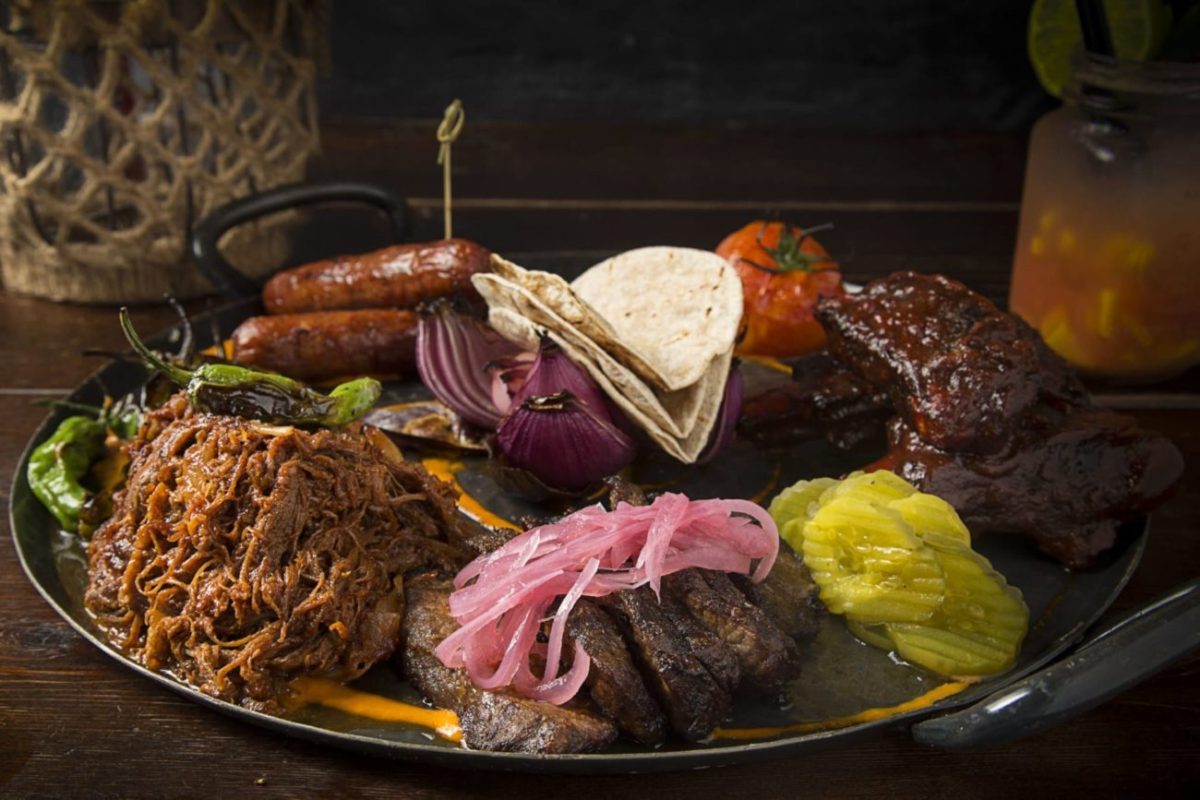Can I Eat non-Glatt Meat?
The subsequent questions of the above mentioned one are: can I eat non-Glatt or non-Beth Yosef even though I am Sephardic? Can I eat it even though my minhag, as an Ashkenazi, was to eat only Glatt? Am I allowed to deviate from my minhag for special occasions, such as when traveling or when invited?
The answer to all these questions is positive, but as mentioned previously, it would be very difficult to find non-Glatt meat in the United States, unless you decide to open and run your own business, since the major Kashrut organizations will only certify meat as Glatt.
To understand why it would be fine to switch permanently or temporarily between the different levels of Kashrut certification, we will have to do two things:
First, acknowledge that meat labeled as Kosher only, without the additional label of Glatt, Beth Yosef, Lubavitch etc., is 100% Kosher, and not as a BeDiavad (post facto).
Second, study the history of Kashrut and specifically the Rise and Fall of Lung Checking. As we shall see, the practice of checking the lung for blemishes, punctures, or adhesions, took root after the time of the Talmud.
1. Kosher is Kosher:
The greatest proponent of Beth Yosef meat in recent history, Rabbi Ovadia Yosef, writes in numerous places that when there is a need one can eat the “regular” Kosher meat. Among the reason for that allowance are joy of Shabbat, traveling, and not offending your host. He writes in his famous Responsa, Yabia Omer[1]:
בשו”ת דבר שמואל אבוהב… ספרדים שהולכים לערי אשכנז… בסתם בשר כשר הנאכל באותן מקומות נראה פשוט שאין להחמיר מספק פן נמצאת ריעותא באותה בהמה, כיון שעיקר בדיקת הריאה מדרבנן… בשו”ת חת”ס… מנהג השוחטים בכל התפוצות לקלוף הסירכה ולבדוק ע”י פושרים… וראיתי בתשובת הגאון מהר”ר סענדר שור להקל בזה, ואז נחה דעתי, כי דבריו דברי אלקים חיים… בשו”ת דבר משה שנשאל בדבר הבחורים הבאים לשם מעיר קורפו ללמוד תורה… אם רשאים להקל אף על פי שדעתם לחזור לעירם, והשיב… יש להקל, שיש לומר שלא נהגו מעיקרא איסור אלא במקומם, תדע שהרי עינינו הרואות שהסוחרים הבאים מהתם להכא אוכלים בשר כאות נפשם ואין פוצה פה ומצפצף וכו’… ונראה שכל זה [שיש מחמירים] מיירי באופן שידוע שהיתה איזו ריעותא בבהמה, מה שאין כן בסתם אין להחמיר… הגאון שואל ומשיב נשאל מאת רב אחד שנהג זה כמה שנים שלא לאכול מבשר בהמה שיש בה סירכא, וכעת התחיל לנסוע אל רבו החסיד, וצריך לאכול אצל בעה”ב, וקשה לו לשאול אם אוכלים מבשר סירכא, ושאל אם יש לו התרה, והשיב, שמכיון שבשבת ויו”ט מיהא יש מצוה לאכול בשר, יש לפתוח לו בחרטה, שכיון שאין לו מקום אחר לאכול אדעתא דמצוה לא קיבל… וגם הלום ראיתי בשו”ת מילי דעזרא שכתב, כשהלכתי לעי”ת בירות, שמעתי שנהגו להקל לאכול בשר ע”י מיעוך ומשמוש, חששתי לעצמי ולא אכלתי שם מבשר בהמה… ושוב ראיתי שיש סמך להתיר… מסקנא דדינא שיש להתיר למי שנזהר לאכול בשר חלק בלבד, לסעוד על שלחנו של מי שאינו נזהר בזה ואוכל בשר כשר מן הבא בידו, ובפרט במקום סעודת מצוה
I hope to translate and annotate this responsum in full, but in the meantime, here is the essence of Rabbi Ovadia Yosef’s discussion:
He quotes many leading Rabbis who rules that when there is a need one is allowed to eat occasionally or even change his practice, among those quoted are 17th-19th C scholars R. Shemuel Abohav, Hatam Sofer, R. Sender Schorr, Devar Moshe, and Milei De’Ezra. They discuss differences within Ashkenazi, Balkan, and Middle Eastern communities (Beirut and Damascus). One of the cases is of a rabbi who used to travel, as a pilgrim, to visit his Rebbe, the leader of a Hassidic court. Along the way, he had to spend Shabbat at the house of a man who ate “regular meat” and felt uncomfortable asking him about the Kashrut of the meat. It was ruled that even though he accepted upon himself the practice of eating only Glatt, he should forego his practice because it clashes with the joy of Shabbat.
Rabbi Ovadia Yosef’s conclusion is:
A person who usually only eats Glatt meat can dine with a person who eats “regular” Kosher meat, especially if it a meal of Mitzvah (Shabbat, wedding, etc.)
It is clearly understood that if there would have been a substantial concern regarding the Kashrut of non-Glatt meat, the poskim would not have used discomfort as an excuse. Just to illustrate the point, no one would say “do you feel that your host will be offended if you decide to pass that honey glazed ham?”. The conclusion of Rabbi Yosef shows that eating Glatt is an additional stringency which should not come on account of comfort, personal relationship, and respect for others (note that he does not use the term Beth Yosef, since, as I previously explained, the Ashkenazi label “Glatt” was sufficient for him.)[2]
[1] חלק ה – יורה דעה סימן ג
[2] Rabbi Ovadia Yossef wrote similarly in several places: שו”ת יביע אומר חלק ה – יורה דעה סימן ג
הנה בשו”ת דבר שמואל אבוהב (סי’ שכ) נשאל, אודות ספרדים שהולכים לערי אשכנז, אם יכולים לאכול משחיטתן, או מאחר שהספרדים מחמירים יותר בבדיקת הריאה יש להם להחמיר כחומרי מקום שיצאו משם. והשיב, שאם ידע האורח שנמצאת ריעותא באותה בהמה, יש לו להמנע מאכילתה, מבלי שירגישו בטעם חומרתו, אלא יתלה המניעה בסיבה אחרת. ומעשים בכל יום בכמה תמימי דרך ההולכים בתורת ה’ שנמנעים ממאכלות ומשקים שנוהגים בהם איסור, מבלתי הודע סיבת מניעתם. אבל בסתם בשר כשר הנאכל באותן מקומות נראה פשוט שאין להחמיר מספק פן נמצאת ריעותא באותה בהמה, כיון שעיקר בדיקת הריאה מדרבנן, ואם בא כלב או גוי ונטלה והלך לו הבהמה מותרת, ואין חוששים לומר שמא נקובה או סרוכה היתה. וכמו שפסק מרן בש”ע (סי’ לט ס”ב). וכ”ש היכא דאיכא ספק ספיקא, שמא לא היתה ריעותא, ושמא הלכה כד’ המכשירים. עכת”ד.








Ohr HaChaim Yomi – Emor